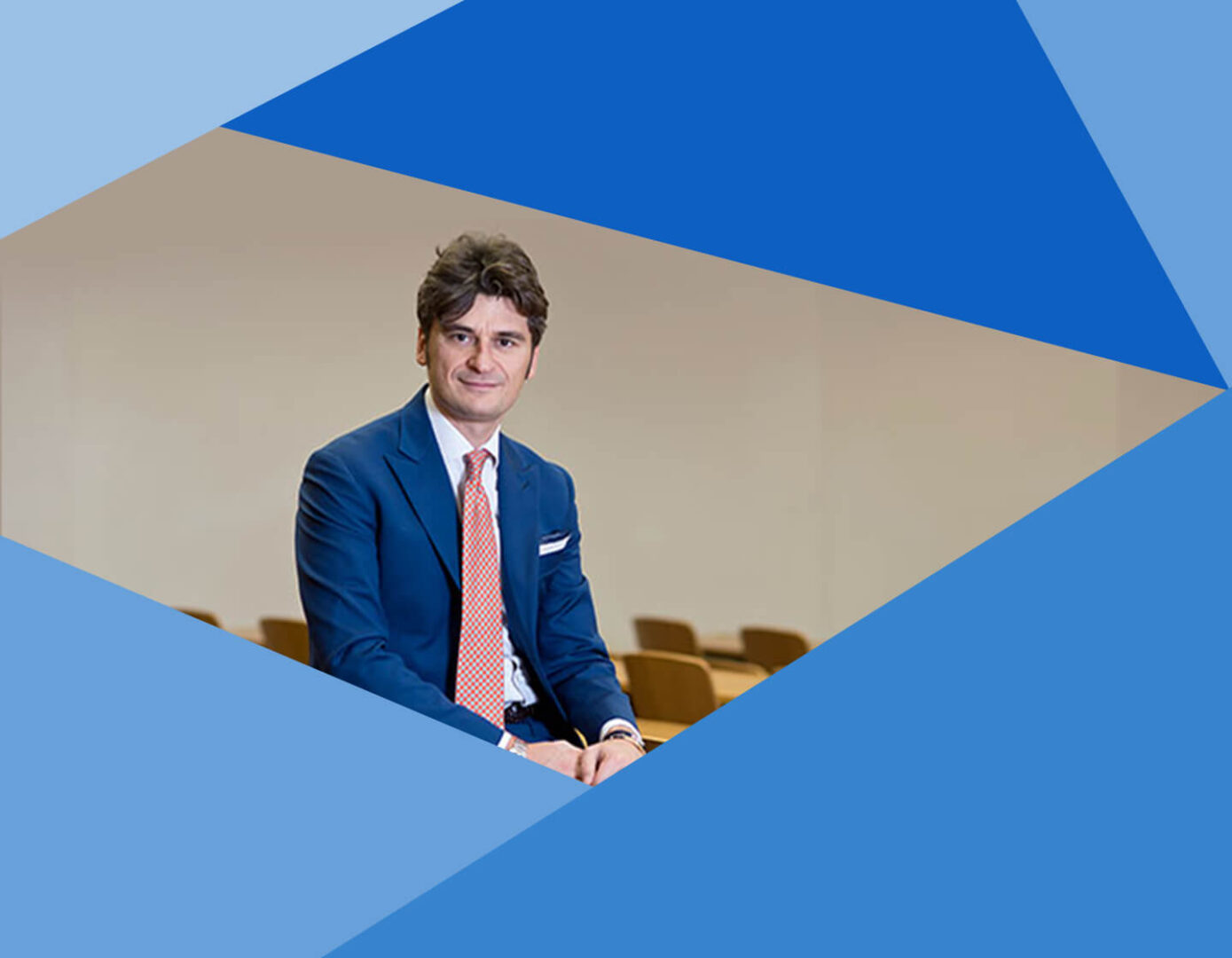
Alfredo’s research focuses on the management, governance and behavioral aspects of family enterprises and how to ensure their prosperity across generations. He has advanced understanding of how family business leaders balance economic and non-economic goals in strategic decision-making, and manage the paradox of tradition and innovation.
“Conventional management theory says if you want to pave the way for the future, just forget about the past,” he says. “Conversely, my studies show that family firms are very good at leveraging their tradition, history and heritage as a strategic resource to enable innovation.”
Family firms account for two-thirds of businesses worldwide, generate 70-90% of annual global GDP and create 50-80% of jobs. “Family fims are important as a social system and in fostering entrepreneurial activities,” Alfredo says. But at present, only one family-owned company in three survives into the second generation. Just 12% reach the third generation and only 3-4% the fourth. Covid-19 could make the situation worse.
At IMD Alfredo will continue to provide his intellectual contributions aimed at building rigorous and reliable knowledge that enables family businesses to be managed and governed. This makes family firms more likely to survive across generations and has important implications for economic prosperity, he says. But research on family businesses has been widely overlooked, because most business schools focus on big companies with dispersed ownership.
Alfredo’s research demonstrates that many family firms make decisions based on preserving socio-emotional wealth rather than financial objectives. Their priorities include maintaining family harmony and control of the business, creating jobs for the next generation, succession planning and boosting the reputation of the family in its community.
The impact of Covid-19 on family-run businesses will also be a focus for Alfredo’s intellectual contribution at IMD. “They often struggle with the need to fire people due to decreasing demand, because they aspire to be altruistic to their employees,” he says.
The pandemic also means that succession, which is traditionally a lengthy process, must often be accelerated and managed without a plan. Meanwhile, remote working can cause tension by undermining longstanding personal relationships, which are an important source of competitive advantage for family businesses. Another challenge is management of the physical and emotional vulnerabilities of family business actors, which lead to tensions between different family-centered non-economic goals as well as between their economic and non-economic utilities.
How family firms can be passed on to the next generation will also come under Alfredo’s spotlight at IMD. In the past, liquidity has not tended to be a problem for family firms, because they are more oriented to long-term investment, he says. Now, they are increasingly worried that the next generation’s inheritance might be destroyed. He works closely with family firms of all sizes in many countries including Italy, Spain, Belgium, the UK, the US and China.
Alfredo is known for his ability to bridge disciplines, including history, psychology and management, with regard to family firms and decision-making. He is among the top 10 most productive family business academics in the world, and has edited and contributed to many of the subject’s most influential journals including Entrepreneurship Theory & Practice and Family Business Review. He participates in a number of academic and scientific associations connected to family enterprises. “I bring my methodological training and research-focused attitude to these outreach activities,” he says.
In parallel with Alfredo’s collaboration and scientific advisory role at IMD, he will continue as Professor of Entrepreneurship and Family Business at the Free University of Bozen-Bolzano. He has been Director of the Lancaster University Management School’s Centre for Family Business (UK) where he still supports family business research projects.

